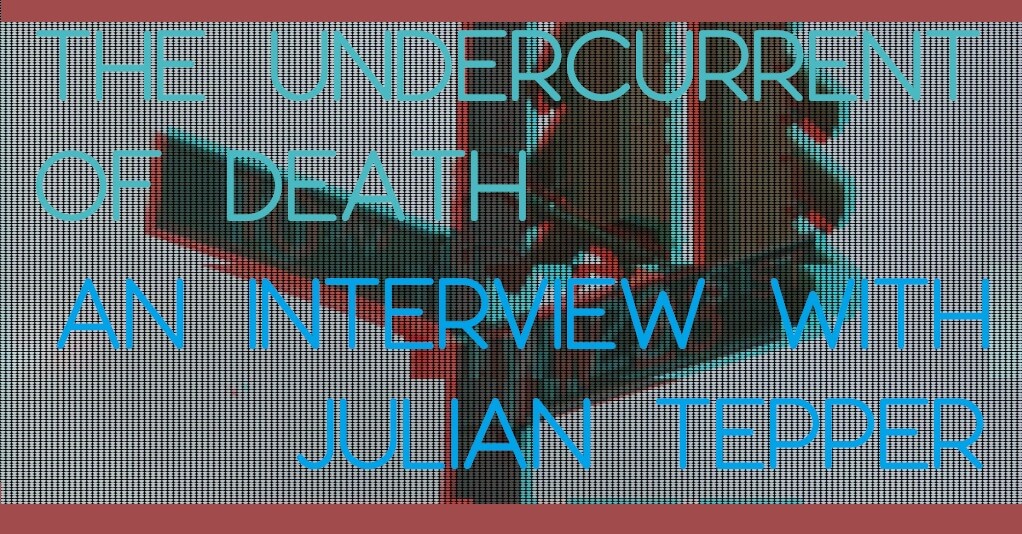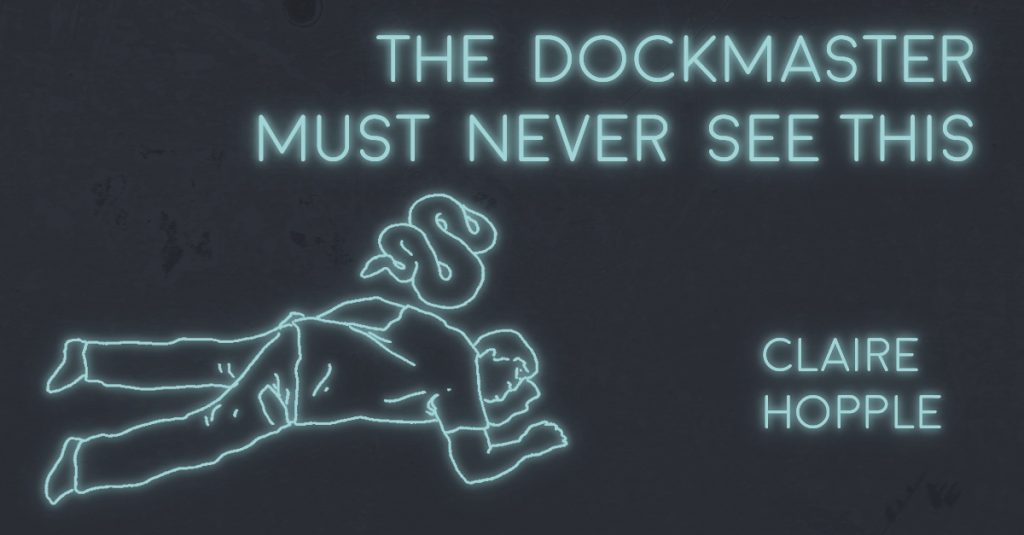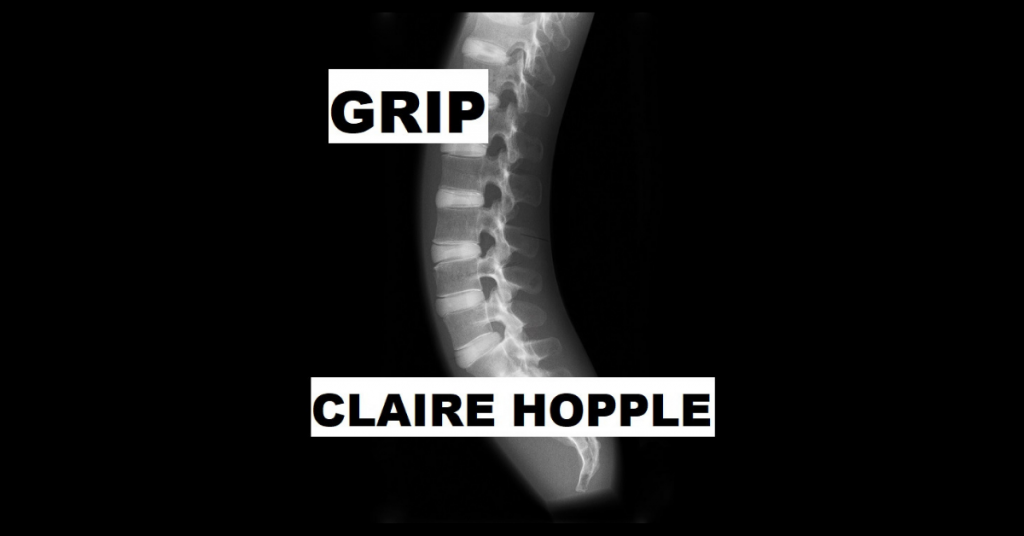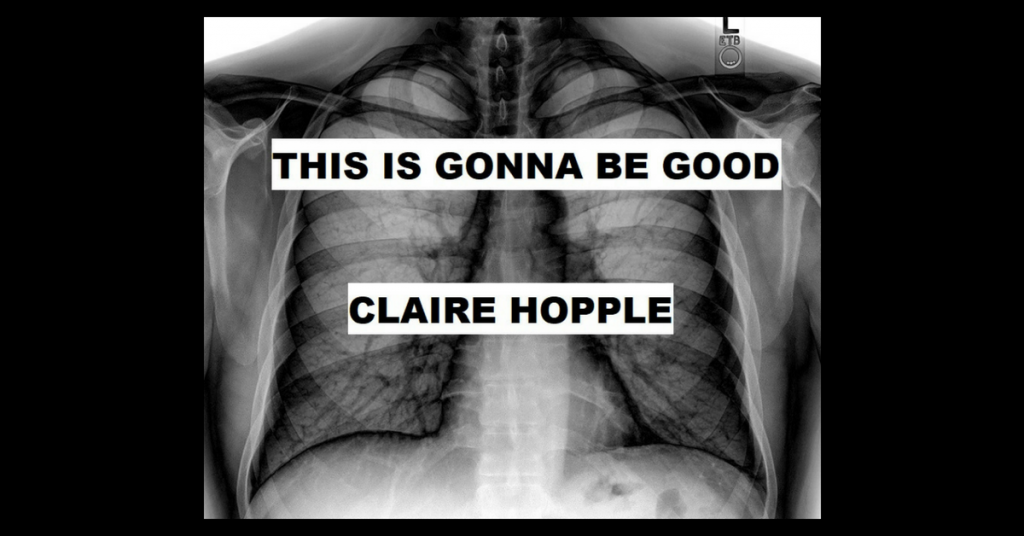
THE UNDERCURRENT OF DEATH: An Interview with Julian Tepper
Early readers have already told me that this is a novel about coming to New York as an artist and what it takes to succeed. Believe it or not, I wasn’t thinking about that all too much.
Claire Hopple is the author of five books. Her fiction has appeared in Wigleaf, Vol. 1 Brooklyn, Peach Mag, Forever Mag, and others. She’s the fiction editor at XRAY. She grew up in the woods of Pennsylvania and currently lives in Asheville, NC.

Early readers have already told me that this is a novel about coming to New York as an artist and what it takes to succeed. Believe it or not, I wasn’t thinking about that all too much.

Gretchen starts with ditching her cell phone. She connects a landline and absconds with an old friend’s answering machine. She receives a message from a wrong number telling her to meet at a houseboat by the river tomorrow at nine. The voice doesn’t specify whether that’s A.M. or P.M. She plays the message over and over, repulsed. The following day, she settles on a bench beside the river. There’s only one boat. It’s docked directly in view of the casino. It’s not a houseboat. Not at all. Regardless, this must be the place. Hampered by the stranger’s lack of specificity…

Let us tell you about Louise. At the moment we started to really pay attention, she was stuck behind a vehicle that read “Criminal Transport Unit – Dept. of Corrections” on the highway. When traffic cleared and she finally made it to the park, she was handed a universal key to all the glass showcases by her father. “Add more furnishings to the blue-tongue skink cage,” he said, gesturing toward an open box on a picnic table. Louise pulled what looked to be a mini tiki hut and micro lounge chairs out of the box and headed toward the showcases….

“Do you know where Bernie is?” a stranger asked the man as he was headed in to change. “Not sure. I think I saw him in the parking lot a minute ago,” said the man, trying to be helpful to the stranger even though he was technically a stranger. “Who’s Bernie?” the stranger then asked. “I thought you were looking for Bernie. How can you be looking for him if you don’t know who he is?” “Why can’t I be looking for someone I don’t know?” The man had had enough. He went inside to change for his shift so…